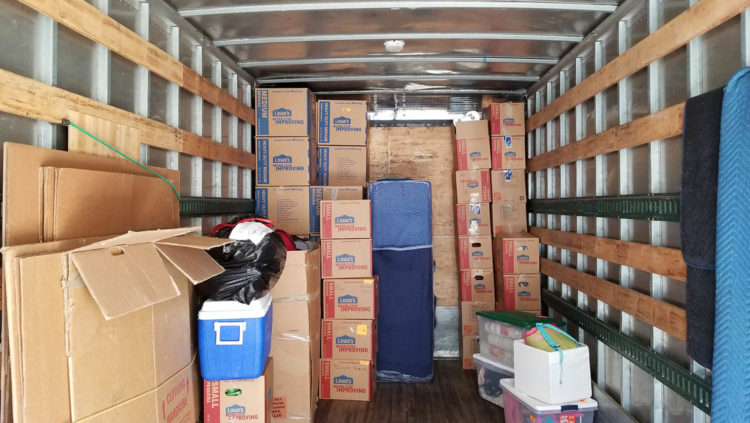Keyboard Shortcuts
Likes
- Nachlaotcommunity
- Messages
Search
|
Shmirat Haloshon
开云体育
|
||||||||||||||||||||||||||||||||||||||||||||||||||||||||||||||||||||||||||||
|
Bereishit: Finding goodness in a world filled with violence and evil
Thoughts on Bereishit and current events: finding goodness in a world filled with violence and evil - an article by Rabbi Dr. David Harbater. Chag Same'ach! ---------- Forwarded message ---------
|
||||||||||||||||||||||||||||||||||||||||||||||||||||||||||||||||||||||||||||
|
My Cleaning club
Cleaning Job Opportunity Available! Join Our Team. Are you consistent? Reliable? Service oriented? Positive? Why Choose Us? Full-time & Part-time positions available Full training on the job Flexible hours What We’re Looking For: Detail-oriented and reliable Punctual and dependable Able to work solo or in a team Positive and eager to learn Ready to Join? Click or WhatsApp us at 0544903033. ? To book |
||||||||||||||||||||||||||||||||||||||||||||||||||||||||||||||||||||||||||||
|
Lenny Solomon - Shlock Rock is Back in Concert!
Shlock Rock is Back with 2 Awesome Concerts! Concert 1: For the?first time in Bet Shemesh in over 5 years?Lenny Solomon and the band will be performing their GREATEST HITS! ?Lenny Solomon and Shlock Rock in Concert - , at 8pm. Concert 2: Lenny Solomon is Keeping the Faith - Thursday 2nd January 2025 at 8pm. BUY YOUR TICKETS ?Lenny Solomon and the band will be performing a musical tribute to BILLY JOEL! Location: Beit Shemesh Cultural Hall, 13 Mordei ha-Geta'ot St, Bet Shemesh Tickets are ?90 and ?250 for VIP seats in the first three rows. Families of serving soldiers (in active duty and reserves) pay only ?30 EARLYBIRD DISCOUNT: 10% discount on all tickets*. For over 30 years Lenny Solomon and his band have done things which no other Jewish band has done! They have performed over 2,000 concerts worldwide and have performed in ALL 50 US States!! Spreading Jewish Pride, Identity and Awareness to the Jewish People scattered to the ! |
||||||||||||||||||||||||||||||||||||||||||||||||||||||||||||||||||||||||||||
|
JR Update: Sukkot Humor and more
Hi Everyone!
With all the tension in Israel and around the world, I decided to update the humor sections of my site. May the additions bring a smile to your face. Sukkot Humor * Sloths Celebrating Sukkot * Mr. Esrog Head * Esrogue One Jewish Cartoons from around the Net * Mount Sinai Today * Making Coffee * Krav Maga * It's my BRIS and I'll cry if I want to Old Tech Humor * Ancient Artifacts that will Confuse most Millennials * What it was like in the Olden Days Clever Humor * Book Hospital * Bread is like the Sun * Grown-up * Prince Hamlet * Thank You to all my Fans * Why do Seagulls fly over the Sea? * The Two Unwritten Laws of Life * Still Didn't find my other Sock! Enjoy! Please share. Thank you! Please continue to pray for and support Israel. May the wounded have a complete and speedy recovery. May the hostages be freed now. May God protect the IDF, the police, the security forces and all of Am Yisrael. Moadim L'Simcha! Jacob jrichman@... |
||||||||||||||||||||||||||||||||||||||||||||||||||||||||||||||||||||||||||||
|
Today's Inspiration - Moadim l'simcha!
Discomfort in the Sukkah
?
The Kotzer Rabbi commented on the statement in Sukkah 26a: 'The person who is in discomfort is not obligated to dwell in the sukkah.' He said: "A? Jew who sits in the sukkah and is made uncomfortable by the rain, was not worthy of sitting in the Sukkah to begin with."
?
Source: Hasidic Wisdon |
||||||||||||||||||||||||||||||||||||||||||||||||||||||||||||||||||||||||||||
|
Sunday Oct 27, at 2:00AM - Daylight Saving Time Ends
Moedim l'Simcha
?
When local daylight time is Sunday, October 27 at 2:00am, clocks are turned backward 1 hour (to 1:00am) local standard time.
?
… so if you aren’t up at 2:00am Sunday to move your clocks and watches one hour backward, consider doing so before you go to sleep Motzei Shabbos.
?
There will be more light in the morning and less light in the evening.
?
May we ALL be blessed with light-filled times and a good winter.
Haas family
?
?
?
?
?
.
|
||||||||||||||||||||||||||||||||||||||||||||||||||||||||||||||||||||||||||||
|
Shmirat Haloshon
开云体育
|
||||||||||||||||||||||||||||||||||||||||||||||||||||||||||||||||||||||||||||
|
SUKKOT in HEVRON MONDAY and TUESDAY CHOL HAMOED
SUKKOT in HEVRON? ? Monday, October 21 2 pm - 7 pm Musical Performance With: Lipa Schmeltzer Chaim Yisrael Elitzur Binny Landau Avia Sherman Chaim Tzippel Daniel Riess Dvir Cohen Tuesday, Oct 22 ASHIRA vaAZAMRA Tefillah Chagigit with Rav Shmuel Eliyahu Shlita 6 am: Hodu:? 6:50 am: Hallel with musical accompaniment?? Ulam Yitzchak is open? ____________________________________________________________________ Transportation Information: 02-996-5333 Line? 201 direct from Jerusalem to Hevron Chaniyon Teddy Gates 8,9 Monday and Tuesday 10 am to 5 pm? Private cars: parking lot in Kiryat Arba? with free transportation to Mearat Hamachpela? |
||||||||||||||||||||||||||||||||||||||||||||||||||||||||||||||||||||||||||||
|
Today's Inspiration - Moadim l'simcha!
Warmth and Coolness
?
Said the Tzanzer: "After we are warmed by the glow of our fervent service to the Living God during the High Holidays, we are commanded to find coolness in the Sukkah. After our exhausting labors in the service of the Lord during the Fearsome Days, we are commanded to recuperate by a week's rest in our tent-home."
?
Source: Esser Tzachtzachoth |
||||||||||||||||||||||||||||||||||||||||||||||||||||||||||||||||||||||||||||
|
Enjoy a quick and efficient move with our unique service
|
||||||||||||||||||||||||||||||||||||||||||||||||||||||||||||||||||||||||||||
|
Shmirat Haloshon
开云体育
|
||||||||||||||||||||||||||||||||||||||||||||||||||||||||||||||||||||||||||||
|
Today's Inspiration - Shabbat shalom - Moadim l'simcha!
Sukkot and Shabbat
?
Rabbi Bunam said: "The command to dwell in a Sukkah during the Festival of the Tabernacles is highly important, inasmuch as this is the only precept we fulfil with our whole body. The Lentzer Rabbi commented on this, saying that the Sabbath Day is of greater merit , inasmuch as it surrounds us everywhere; whereas the command of the sukkah is limited to indoors, and cannot be fulfilled out-of-doors."
?
Source: Siach Sarfei Kodesh |
||||||||||||||||||||||||||||||||||||||||||||||||||||||||||||||||||||||||||||
|
Join us for a special 8-session course: Lessons of 1948!
Segula
Magazine and the Begin Center are excited to offer an 8-session
course: Lessons of 1948 ? Lecturer: Sara Jo Ben Zvi, editor of Segula Jewish History Magazine ? Lectures will include: The Balfour Declaration and the Hussein Correspondence Temple Mount Hot Spot Jewish Boat People Partition Plans and Failures Ben Gurion's Rules of War Military Atrocities in Islam The Refugee Contradiction ? The lectures will take place on Mondays at 6pm, starting Nov. 4, at the Begin Center in Jerusalem. Discount price
for Segula readers: 380 NIS ?
Register here: Chag Same'ach, The Segula Team |
||||||||||||||||||||||||||||||||||||||||||||||||||||||||||||||||||||||||||||
|
Shmirat Haloshon
开云体育
|
||||||||||||||||||||||||||||||||||||||||||||||||||||||||||||||||||||||||||||


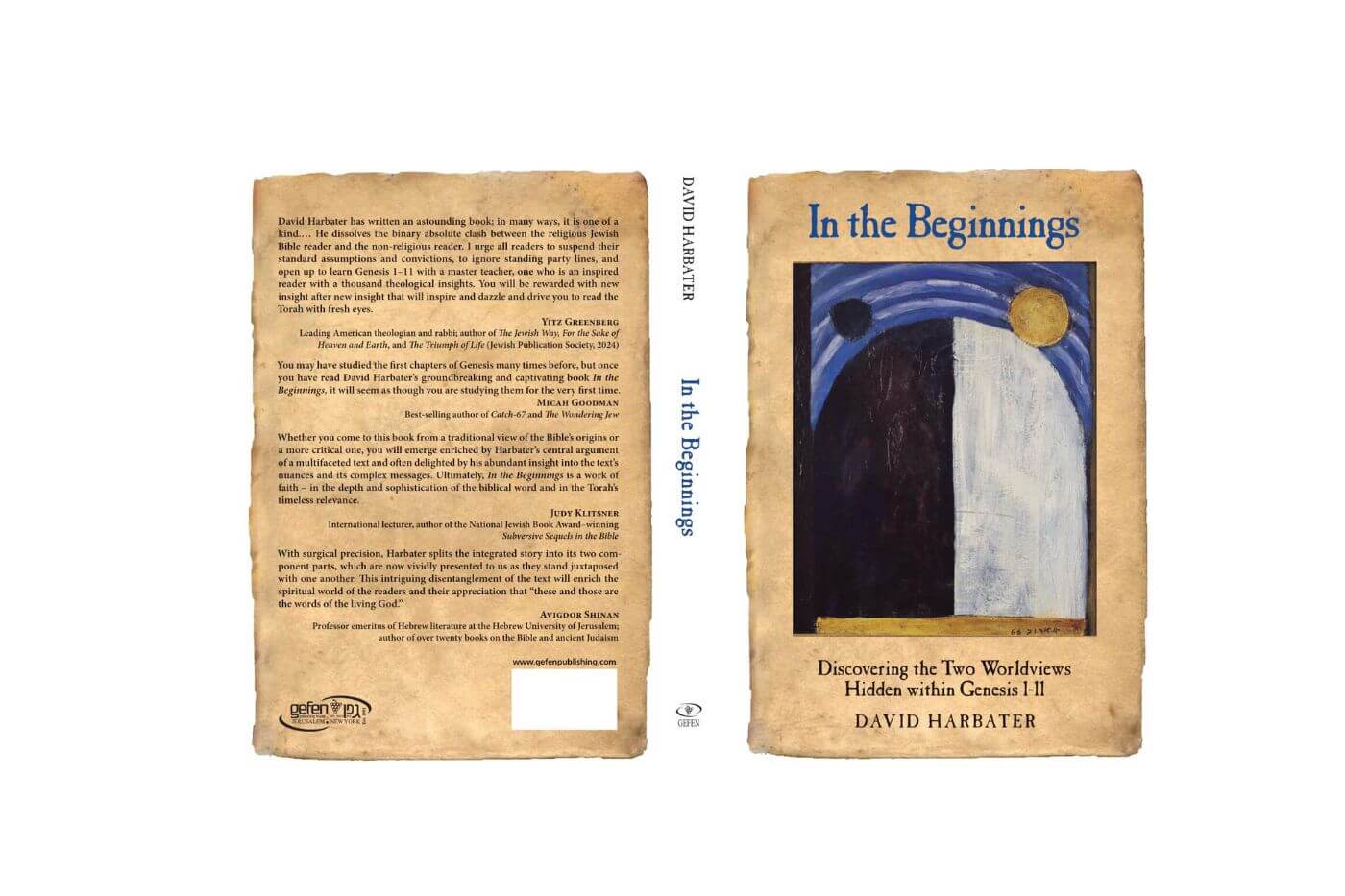
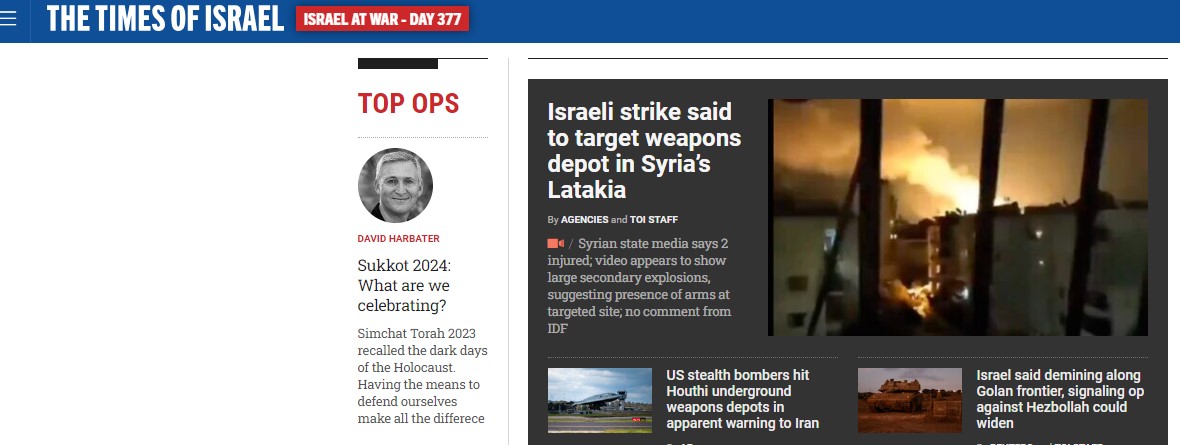
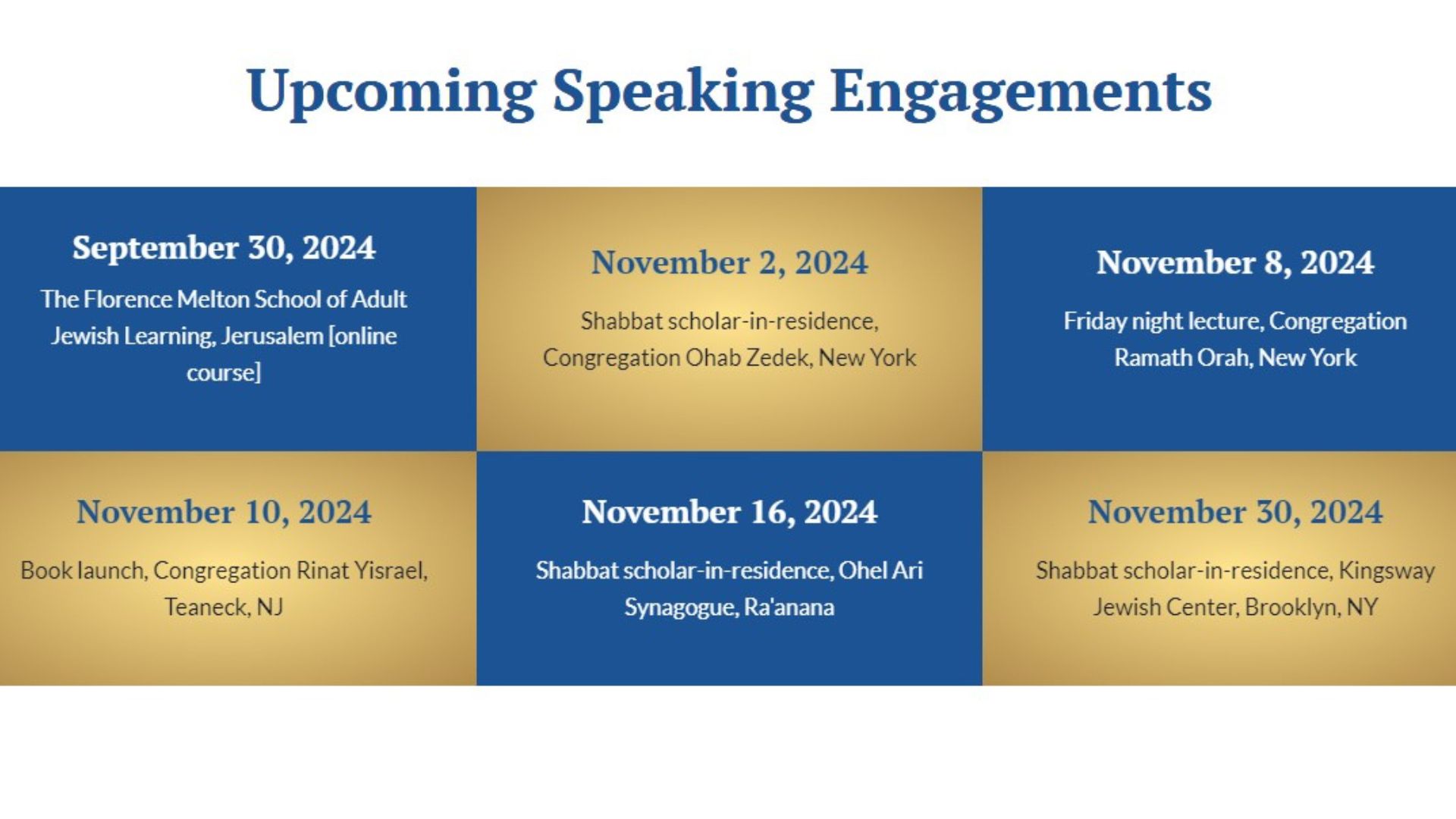
.png)
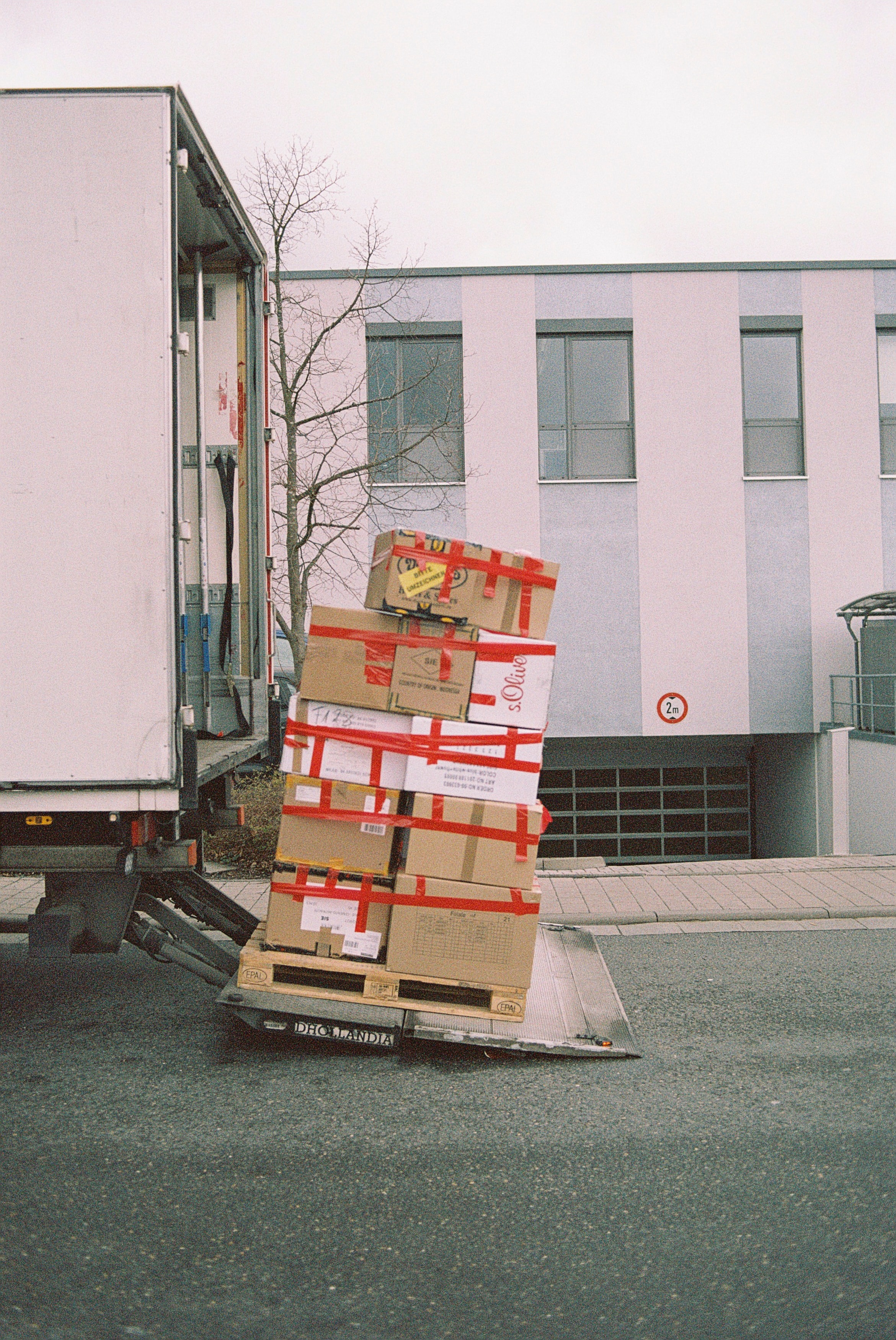
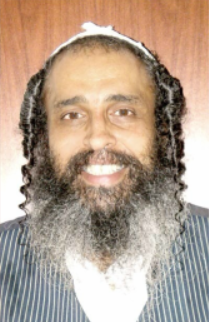
.jpg)

